Federal prosecutors and victims’ families are waiting for Boeing to decide whether to accept a plea deal that would settle a criminal fraud charge accusing the aerospace giant of misleading regulators who approved the 737 Max jetliner before two of the planes crashed.
Relatives of some of the 346 people who died in the October 2018 and March 2019 crashes are furious about the plea offer, which Justice Department prosecutors spelled out in an online meeting with the families and their lawyers on Sunday.
The families want to put Boeing on trial.
“This package offers another opportunity for Boeing to hide their misdeeds from the public,” Ike Riffel, a Californian whose two sons died in the second 737 Max crash, said Monday. “The families are very disappointed, but we vow to fight on.”
Paul Cassell, a former federal judge who is representing some of the victims’ families, called it “a sweetheart deal” for Boeing.
Some of the lawyers involved in the case, however, say a plea deal is better than nothing.
“While I personally would have preferred a more vigorous prosecution, a guilty plea to a felony is a serious step up” from a 2021 agreement between Boeing and the Justice Department, said Mark Lindquist, a lawyer who is suing Boeing on behalf of passengers who survived a scary 737 Max inciden t at the beginning of this year.
The Justice Department first charged Boeing with fraud in January 2021 but agreed not to prosecute if the company paid a fine and followed other terms for three years. Then, seven weeks ago, the department said Boeing had violated the deferred prosecution agreement by failing to make changes to detect and prevent future violations of anti-fraud laws. Prosecutors have not publicly disclosed the alleged violations.
Here are some questions being asked about the case.
The Justice Department wants Boeing to plead guilty to a single count of fraud for deceiving the Federal Aviation Administration about new flight-control software for the 737 Max and how much training pilots of older 737 models would need to safely fly the plane. In the 2021 settlement, Boeing blamed the deception on two low-level employees, one of whom was later acquitted after a trial in federal court.
The company isn’t saying. Lawyers for the victims’ families say the company would be crazy to reject it.
If Boeing takes the deal, it would plead guilty in what likely would be a very short court session. If it turns down the offer, the Justice Department is vowing to take the case to trial, which could expose more details of Boeing’s actions while it was asking the FAA to certify the Max.
Boeing “wouldn’t want that bad press and publicity that would come from a trial that would likely involve family members of victims testifying,” said Joseph Facciponti, executive director of New York University’s law school program on corporate compliance and enforcement. A judge might also impose a harder sentence if Boeing contested the case and lost, he added.
Yes. The plea and the sentence outlined by the Justice Department, including a $244 million fine and appointment of a monitor to oversee the agreement, would be filed in U.S. District Court in Fort Worth, Texas. If Judge Reed O’Connor accepts the agreement, he could not change the terms approved by Boeing and prosecutors.
If the judge rejects a plea deal, Boeing and the Justice Department could negotiate a new agreement or go to trial.
Lawyers for the families say that if Boeing accepts the plea deal, they will ask O’Connor to reject it.
It would strengthen the hand of victims’ families who have not settled their pending lawsuits against the company. It is less clear whether survivors and heirs who already accepted settlements could file new claims.
It would only resolve the fraud charge filed after the two deadly crashes, which took place off the coast of Indonesia and in Ethiopia.
The Justice Department opened another investigation after a panel covering an unused emergency exit blew off a 737 Max during an Alaska Airlines flight in January; the FBI told passengers on that flight they might be victims of a crime. The National Transportation Safety Board and Federal Aviation Administration are conducting separate investigations into the blowout and Boeing’s manufacturing quality.
Boeing announced Monday that it will pay $4.7 billion in stock to acquire Spirit AeroSystems, which makes fuselages for the 737 Max. Boeing once owned Spirit, and it believes that bringing the supplier back in-house will help it improve quality and ease safety concerns about its planes.



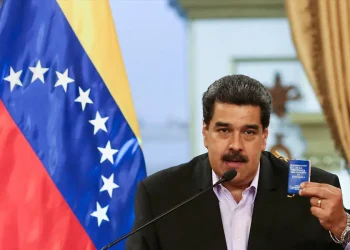
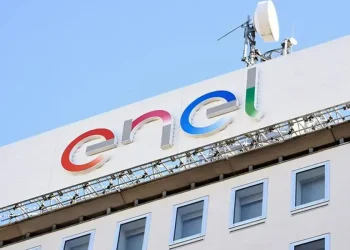
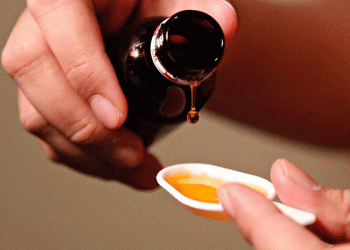

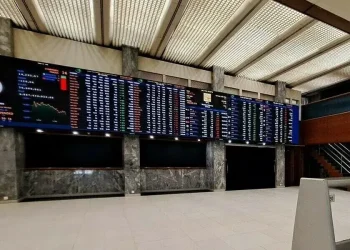
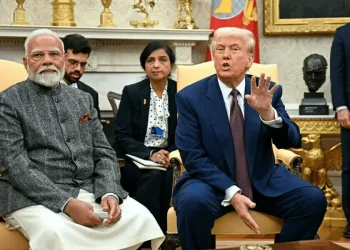

 American Dollar Exchange Rate
American Dollar Exchange Rate